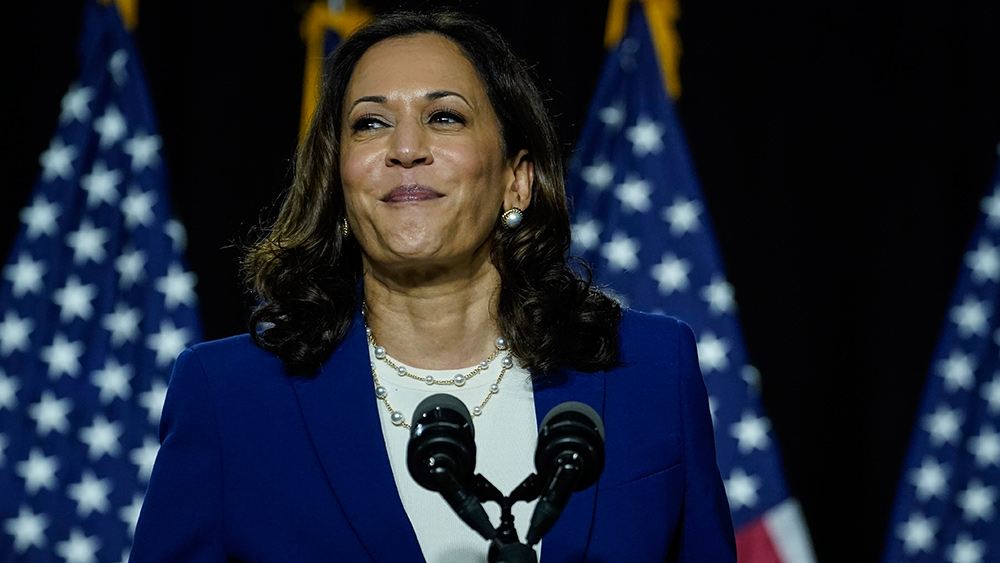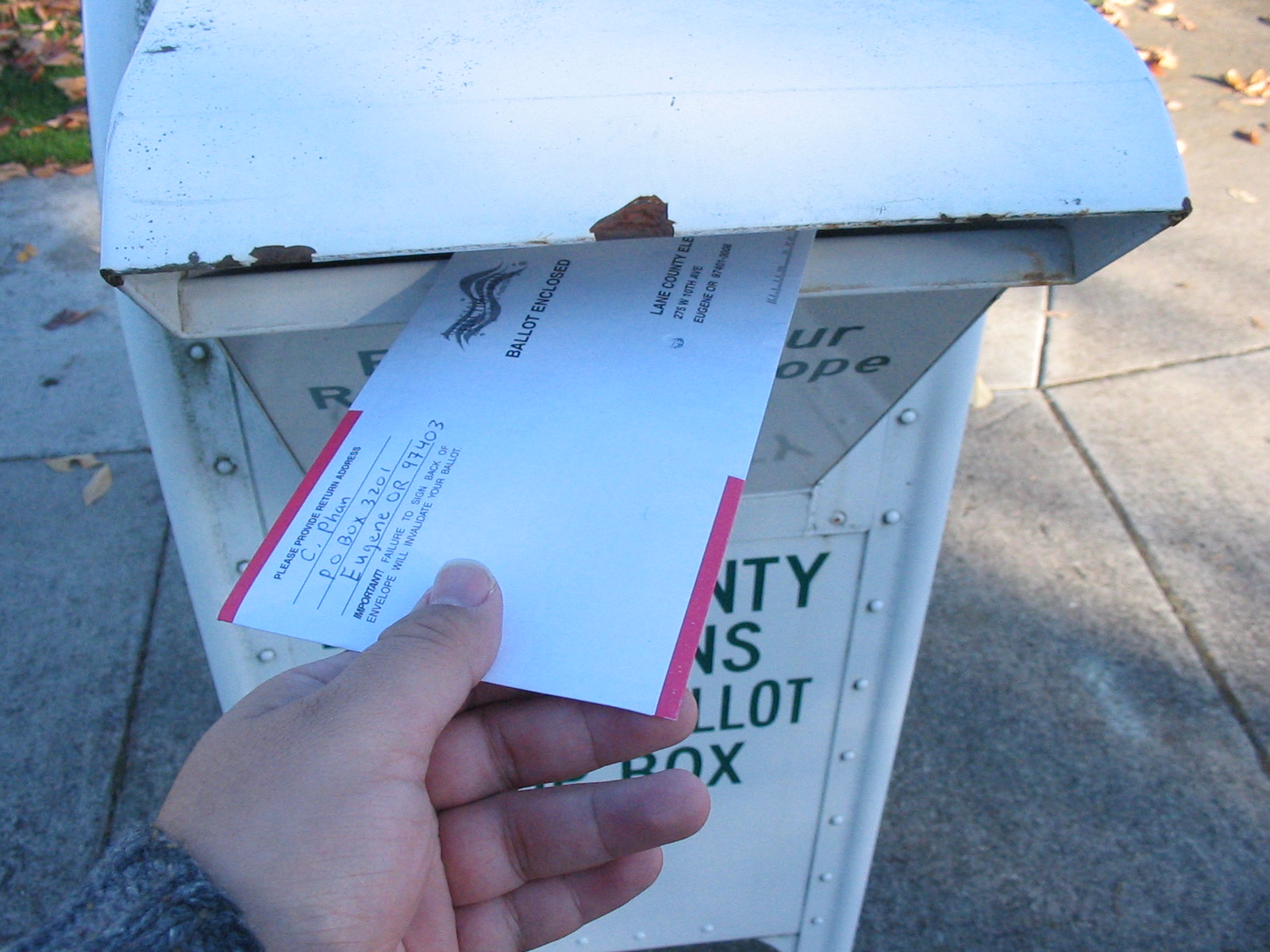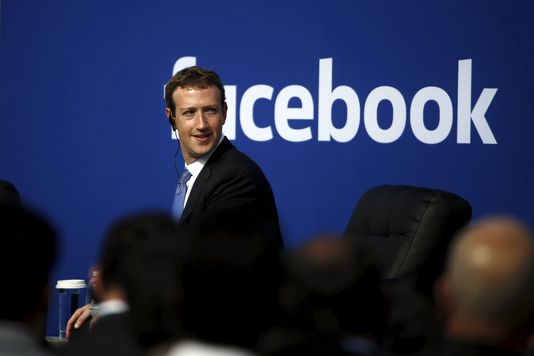Report: Amazon is “gatekeeper for e-commerce” that exploits data to compete with rivals
10/19/2020 / By Zoey Sky

On Oct. 6, Tuesday, a congressional panel challenged one of Amazon’s defenses against antitrust scrutiny of its retail dominance. The panel also discussed charges about how Amazon wrongfully uses its market power.
Amazon dominates U.S. e-commerce
In the report, the Democratic-led House Antitrust Subcommittee disputed Amazon’s assertions that its share of total U.S. retail shopping “is the most relevant way to understand its size.” The committee also claimed that the multination tech company dominates e-commerce in America.
It is believed that Amazon’s market share of U.S. online sales is about 39 percent, but the report says the figure is as high as 74 percent across different product categories. The committee also reprimanded other large tech companies for their questionable business practices.
According to the report, “Amazon functions as a gatekeeper for e-commerce.” To prove these claims, the subcommittee also presented details it claimed reveals how the company takes advantage of its size and platform to get the upper hand on rivals.
The 449-page report was presented after a 16-month inquiry on the market power of Amazon, Apple Inc., Facebook Inc. and Alphabet Inc.’s Google and whether these companies were guilty of anticompetitive behavior. The investigation revealed that the four companies had misused third party data that use their platforms and collected information from customers to “weaponize it against them as rivals.”
In September, Amazon told The Wall Street Journal that it doesn’t use confidential information from companies it meets with.
Amazon often lets other companies buy ads that appear inside search results, such as searches for competing products. While search advertising is a profitable part of the company’s business, Amazon doesn’t let some of its own large competitors buy sponsored-product ads associated with Amazon’s own devices like Echo Show, Fire TV and Ring Doorbell, revealed some Amazon employees and others familiar with the policy.
Roku Inc., which sells products that stream content to TVs, can’t buy Amazon ads tied to its own products, added some of these people. Amazon will also prevent competitors from selling certain devices on its site.
The e-commerce giant also didn’t directly address whether or not it restricts rivals’ marketing on its website. Instead, it explained that it is a common practice among retailers to decide which products to promote on their websites.
Monopoly, bullying and wrongful use of data
Amazon responded to the allegations in a blog post.
“All large organizations attract the attention of regulators, and we welcome that scrutiny. But large companies are not dominant by definition, and the presumption that success can only be the result of anti-competitive behavior is simply wrong,” read the post.
The company insists that competition is good for the economy, small businesses and customers. Amazon even stressed that the flawed approach for regulating retail stores doesn’t consider the unintended impacts on these three factors.
The House panel asserted that Amazon has amassed “monopoly power” over sellers using its site, bullied retail partners and used seller data wrongfully to gain an edge over its rivals.
The subcommittee cited several examples of these tactics, such as:
- Blocking search advertising on its site for competitors
- Launching copycat versions of products sold by third-party merchants on its platform
- Trying to reproduce products from the startups it meets with or invests in
The congressional panel proposed legislation that would force Amazon to exit business lines, like its private-label or devices businesses, that compete with sellers on its platform. But such legislation would drastically affect Amazon, which has over 100,000 private-label products and invested heavily smart devices like its Echo speakers.
The report also cited the example of a seller of apparel for construction workers and firefighters. The seller’s new item proved popular among its target market, making at least $60,000 a year selling it on Amazon’s site, said Rep. David Cicilline, who chairs the subcommittee.
But one day, the seller found out that Amazon also started listing the same product, which made their sales plummet overnight. Shockingly, Amazon undercut their price, “setting it below what the manufacturer would generally allow it to be sold,” added Cicilline.
The subcommittee cited interviews and emails, which showed that Amazon discriminated against major competitors via its advertising arm and of using its dominance in certain areas to perform better than its rivals. (Related: Pandemic profiteering: Watchdog accuses Amazon of price gouging as Bezos’ wealth soars to $200 billion.)
Several agencies have investigated the mergers and acquisitions process to see if technology companies have exploited it to buy out small competitors and “stifle innovation.” The report also presented evidence that reveals how Amazon abuses its venture-capital arm to “inform and improve Amazon’s smart home ecosystem.”
Since launching its Alexa Fund venture-capital arm in 2015, Amazon has made a habit of meeting startup founders for deal meetings and investments. Interviews with founders and investors revealed, after several years, the company would then introduce competing products and services.
Not surprisingly, Amazon’s decision to launch a competing product will often ruin the business it invested in. Some entrepreneurs and investors reported that Amazon would meet with startups about potential takeovers and understand how their technology works.
But the company will then decline to invest, only to launch similar Amazon-branded products.
The company “doesn’t use confidential information that companies share with it to build competing products,” said an Amazon spokesman.
Working with Amazon is a double-edged sword for entrepreneurs. Because Amazon is formidable in many industries, like cloud-computing, electronic devices and logistics, it can do wonders for small companies. At the same time, revealing too much information means companies could face competitive risks.
The congressional report also noted that Amazon “displayed a lack of candor” and transparency when communicating with the committee during the investigation.
According to the report, Amazon, along with Apple, Facebook and Google, “have too much power, and that power must be reined in and subject to appropriate oversight and enforcement” and to safeguard America’s economy and democracy.
Follow JeffBezosWatch.com to read related articles on how Amazon monopolizes e-commerce in America.
Sources include:
Tagged Under: Amazon, anti-trust, bezos, capitalism, cheating, consumer goods, corporations, crime, current events, economics, economy, employees, Jeff Bezos, retail shopping, retailers, rigged, supply chain, warehouses, workers
RECENT NEWS & ARTICLES
COPYRIGHT © 2017 INFORMATIONTECHNOLOGY.NEWS




















